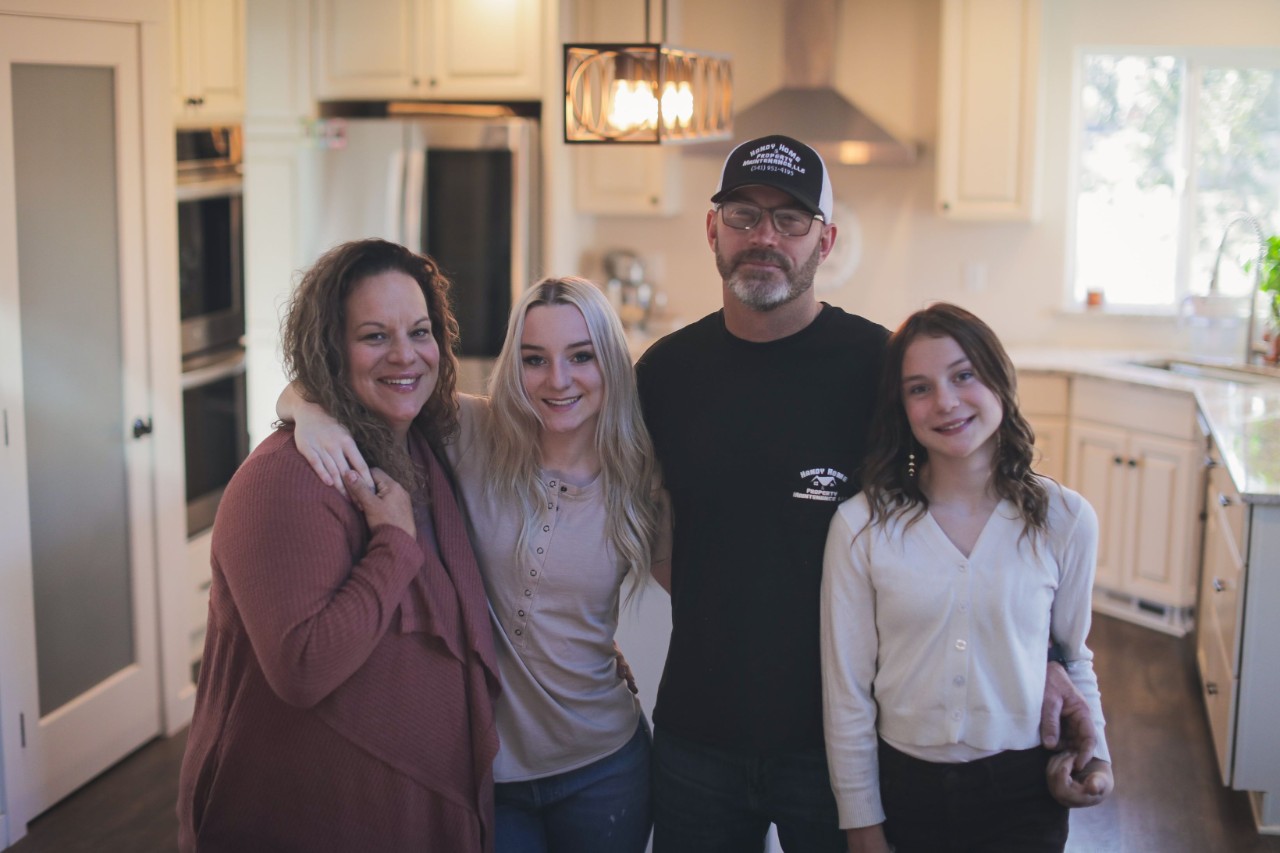
How to Use a Fire Extinguisher
No one wants to think about a fire starting in their home, but it’s important to know how (and when) to use a fire extinguisher.

Written by Carrie Skogsberg
Reviewed by Eric Vanasdale, Loss Control Supervisor at COUNTRY Financial
You have likely talked with your family about an evacuation plan if a fire starts in your home. But have you thought about fire prevention? Fires can start and escalate quickly in everyday moments like cooking a meal. Staying vigilant in the kitchen and performing seasonal home maintenance can go a long way to prevent home fires.
These are the most common ways house fires start and the steps you can take to prevent them.
Find out more about home insurance
Find out more about home insurance
According to the U.S. Fire Administration, cooking is, by far, the leading cause of home fires and home fire injuries. The main contributing factor is leaving cooking equipment unattended. If you need to leave the kitchen, turn the burner off, and follow these other precautions for staying safe in the kitchen:
The National Fire Protection Agency reports that smoking is the leading cause of home fire deaths. If smoking, practice extra caution to avoid starting a fire, such as:
Space heaters are a nice addition to a chilly room, but they can be dangerous. In fact, according to the National Fire Protection Association, they account for nearly half of home heating fires. Fire experts say it can take only three and a half minutes for a space heater to engulf an entire room.
If you’re warming up your home with a space heater, take the following precautions:
Furnaces usually sit in dark, secluded places of the home, making it easy to forget about them. But it’s important to ask a heating and cooling specialist to inspect it every year to check for leaks and any obstructions. Something as simple as lint buildup can be dangerous.
Change furnace filters every three months to reduce particle buildup. Changing the filter is easy and something a homeowner can do. Aside from adding an extra layer of safety, a clean furnace filter traps dirt and allergens and makes furnaces run more efficiently.
Annual chimney sweeps ensure a chimney is free of dangerous creosote residue, as well as soot and other debris. Buildup in the flue system is flammable and has the potential to catch fire.
When using your fireplace:
If your smoke detector goes off while you’re cooking in the kitchen, don’t turn it off. Too many people forget to turn them back on.
Test smoke and carbon monoxide detector batteries at least twice per year. It’s helpful to use a specific date like daylight savings time changes to remember to check them.
The Federal Emergency Management Agency recommends homes have smoke alarms installed on every floor, including the basement. For extra safety, install smoke alarms both inside and outside sleeping areas.
Homeowners should check that they’re not overloading electrical outlets by reviewing the wattage rating and following the manufacturer instructions of how many strands can be plugged in per outlet. If you blow a fuse, consider it a warning and decrease wattage by plugging that item into a different area.
Don’t forget to make sure you’re protected with proper home insurance coverage. If you experience a home fire, learn more about how to file a home insurance claim.
Updated 10-17-23

No one wants to think about a fire starting in their home, but it’s important to know how (and when) to use a fire extinguisher.

Learn about homeowners insurance and why it's essential to protect your home. Find out what home insurance covers and the basics of home insurance claims.

When wildfire destroyed homes of COUNTRY Financial clients, they counted on their home insurance, claim adjuster and insurance agent help them rebuild.
Start a quote or call us at 866-COUNTRY (866-268-6879). Find out more about home insurance.
Contact your rep or call us at 866-COUNTRY (866-268-6879). Find out more about home insurance.
COUNTRY Financial® is a family of affiliated companies (collectively, COUNTRY) located in Bloomington, IL. Learn more about who we are.
We take pride in providing accurate, truthful information in our articles. See our editorial standards to learn more.